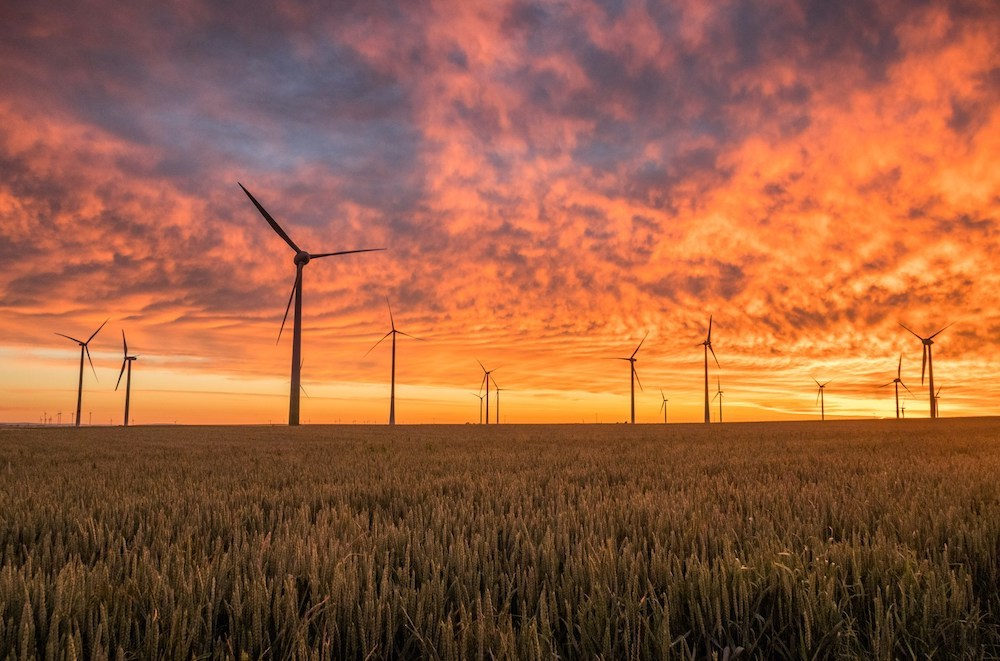
- Details
- By Chez Oxendine
- Native Contracting
A contract announced Aug. 2 by the General Services Administration (GSA) has led to a seven-figure deal with a tribally owned energy firm, marking the first use of a decades-old program aimed at prioritizing tribal energy sources.
The $1.7 million contract with Seneca Environmental Solutions, a tribal enterprise of the Seneca Nation, calls for the tribal firm to provide Energy Attribute Certificates (EACs) that verify 349,108 megawatt-hours of carbon pollution-free electricity. This clean energy matches the net annual usage of 185 federal buildings across 12 states, supporting the Biden administration's goal of transitioning all federal operations to 100% carbon-free energy by 2030.
Seneca Environmental will source the EACS from existing energy projects managed by private-sector partners that are already generating power for a range of communities, according to the energy firm’s vice president, Matt Renner.
GSA’s purchase of EACs through Seneca will supply power equivalent to roughly 32,000 homes, serving as a good “interim step” for Seneca Environmental as it builds its own energy operations, Renner told Tribal Business News.
“It made perfect sense for us to bid on this contract,” Renner said. “Part of building renewable energy projects is understanding how to move that energy to market. This contract is a great example of a way to build capacity for participating in power markets as a company.”
The GSA’s purchase saves $800,000 compared to last year’s purchase of a similar number of EACs, according to a statement from the federal agency. These purchases are part of a Biden administration goal to run the federal government on clean energy in the future.
In April 2024, the US Department of Energy (DOE) finalized the Clean Energy for Federal Buildings rule that aims to reduce fossil fuel use in federal buildings and major renovations. The rule requires a 90% reduction in fossil fuel use by 2029 and a complete elimination by 2030 for projects started between 2025 and 2029. The DOE estimates that the rule will save $134 million and reduce carbon emissions by 2 million metric tons by mid-century.
GSA Administrator Robin Carnahan called the contract with Seneca Environmental “a breakthrough” for taxpayers, and for tribal nations hoping to sell energy in the wake of historic federal funding for renewable energy projects throughout Indian Country.
“Dispelling the myth that buying from Tribal enterprises would come at a premium, this award shows that a clean energy future is all the brighter with partnerships in Indian Country — and demonstrates our commitment to building a clean energy economy that works for everyone,” Carnahan said in a statement.
The contract also marks the first-ever use of the Indian Energy Purchase Preference (IEPP) since its inception in the Energy Policy Act of 2005. GSA collaborated with the Department of Energy on implementing the IEPP and making good on the Biden administration’s commitment to carbon-free energy.
Wahleah Johns, director of the DOE’s Office of Indian Energy and a member of the Navajo Nation, said the move to use the IEPP broke through “red tape and bureaucracy” to open up new opportunities for tribes to generate revenue. The announcement, she said, “sets up a new partnership model between Tribal energy businesses and the federal government in achieving our country’s clean energy goals and solving the climate crisis.”
Seneca Environmental sees the contract as the first of many new opportunities for selling energy to the federal government, Renner said.
“This is the first exercise of this preference since it's been on the books, and it’s allowing us, on behalf of our company and the wider tribal energy movement, to show that tribal enterprises can be producers and sellers of power,” Renner said. “Seneca Environmental exists as part of this tribal energy industry that people before us have been working on for 30 years. We know there’s a number of other tribal efforts to sell energy underway, and we’re really looking forward to those coming online as well.”
The DOE is working with other agencies on how to employ the IEPP down the line, per the GSA press release. Julie Ramey, GSA tribal liaison in the Office of the Administrator, said the contract was a “historic milestone” that would open up doors for tribally owned enterprises in other sectors of the federal government.
“As part of this Administration’s renewed focus on Native policies and programs, GSA was empowered to take on the complexities of implementing this provision,” Ramey said in a statement. “This is a historic milestone that we hope will inspire even more progress across the federal community, including with our partners such as DOE and DoD, to create further opportunities for Tribally-owned businesses.”
